
Warning Signs in Bowel Movements That May Indicate Colon Cancer – When to See a Doctor Immediately
Colon cancer, also known as colorectal cancer, is one of the most common types of cancer worldwide. It often develops silently, with early stages showing little or no symptoms. However, one of the key ways our bodies signal that something may be wrong is through changes in bowel movements. Understanding and recognizing these signs can lead to early diagnosis and greatly increase the chances of successful treatment. This article aims to raise awareness about the warning signs in bowel habits that may indicate colon cancer and stress the importance of seeking medical attention promptly.
One of the most common early signs of colon cancer is a persistent change in bowel habits. This includes ongoing constipation, diarrhea, or a change in the consistency of the stool that lasts more than a few days. While these symptoms can be caused by less serious conditions such as infections or irritable bowel syndrome, when they are persistent, they should not be ignored. Any long-term change in how your bowel moves is a signal that something may be affecting your digestive tract, including possible cancerous growths.
Another important warning sign is blood in the stool or rectal bleeding. While the presence of blood may sometimes be linked to hemorrhoids, bright red or dark blood—especially when accompanied by other symptoms—may be a sign of bleeding from a tumor in the colon. If the bleeding is recurring or gets worse, it is essential to consult a doctor immediately for a proper diagnosis..jpg)
Additionally, unexplained weight loss combined with changes in bowel habits may be a cause for concern. Cancer cells can use up a significant amount of the body’s energy and cause metabolic changes that lead to weight loss. If you are losing weight without trying, especially alongside symptoms like fatigue or abdominal discomfort, you should not delay seeing a healthcare provider.
Narrow or ribbon-like stools may also be an indication of a blockage in the colon, potentially caused by a tumor. If you notice this type of change in the shape of your stool consistently over time, it may suggest a narrowing of the bowel passage, which should be evaluated by a medical professional.
Moreover, a constant feeling of needing to pass stool, even after having a bowel movement, known as tenesmus, can be a symptom of rectal cancer. This sensation occurs when a tumor irritates the rectal wall, giving a false sense of urgency.
Chronic abdominal discomfort, including gas pains, bloating, or cramps that do not go away, may also be an indicator of colon cancer. These symptoms alone are common in many non-cancerous conditions, but when they persist or worsen over time, they warrant serious attention.
Finally, fatigue or weakness without a clear reason could be a sign that your body is struggling internally. Colon cancer can cause internal bleeding, leading to iron-deficiency anemia. If you frequently feel tired or short of breath, a blood test may reveal anemia, which can be linked to cancer-related blood loss.
In conclusion, while many of the symptoms described above can be attributed to less serious health issues, they should never be dismissed—especially if they persist for several weeks. Early detection is critical in the fight against colon cancer. If you notice any of these changes in your bowel movements or overall health, it is crucial to consult a healthcare professional immediately. Timely screening and diagnosis can save lives. Don’t wait for the symptoms to worsen—your body may already be signaling a serious underlying issue.
News in the same category


More Young People Are Getting Stomach Cancer: If You Wake Up with These 3 Symptoms, Get Checked Immediately
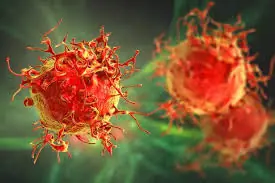
Breakthrough Blood Test Detects Cancer Years Before Symptoms Appear
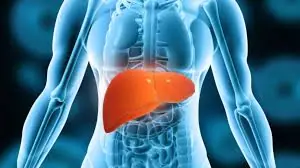
Alarming Rise: Liver Damage Linked to Supplement Use Sparks Scientific Concern
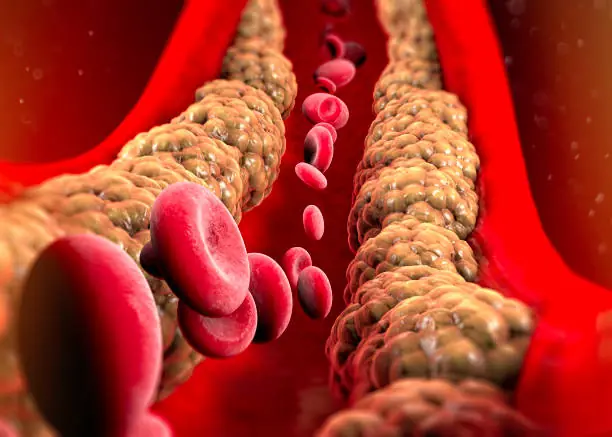
Scientists Discover an "Off Switch" for Cholesterol—Could Save Millions of Lives
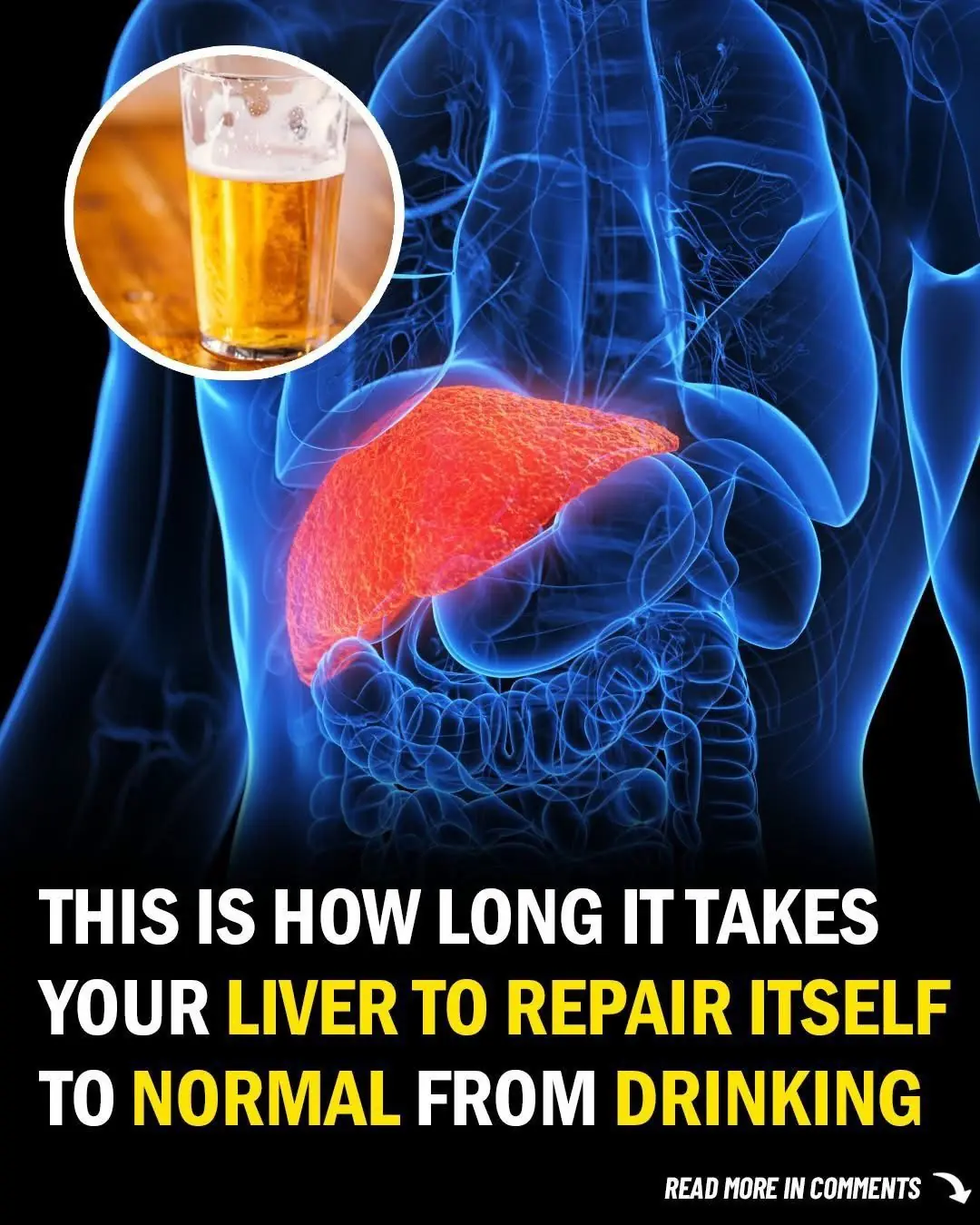
This Is How Long It Takes Your Liver to Return to Normal From Drinking

Can Your Eyes Reveal Diabetes or Cancer? Don’t Miss the Signs
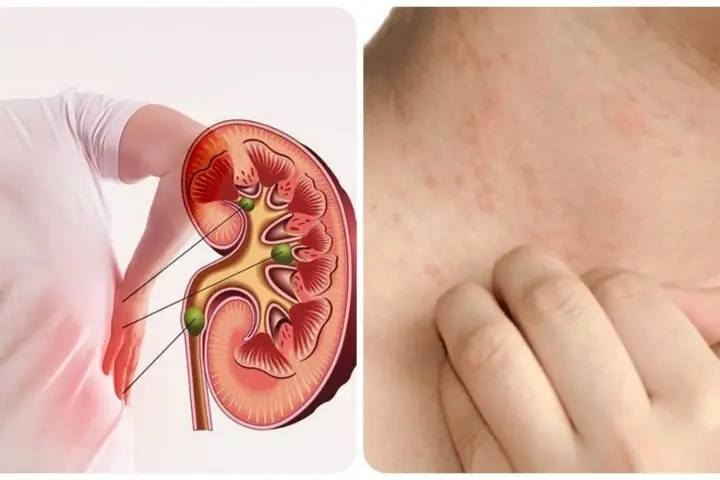
Clear Signs of Kidney Failure Everyone Should Pay Attention To
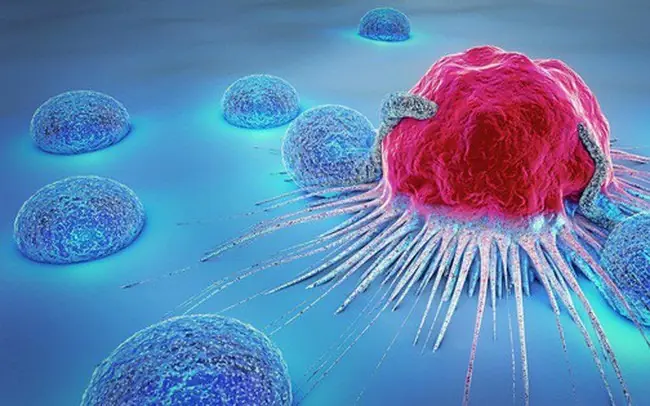
5 Typical Early Symptoms of Childhood Cancer: When to Take Your Child to the Hospital Immediately
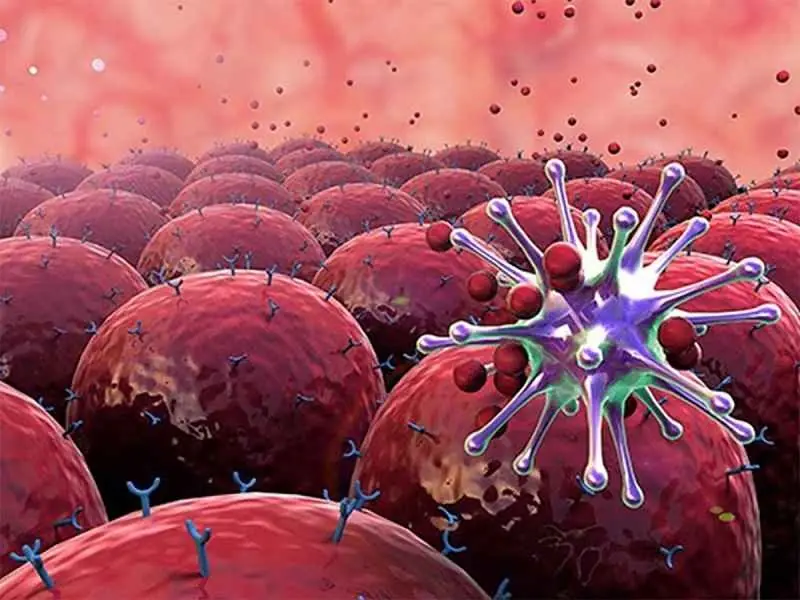
Doctor’s Warning: Early-Stage Lung Cancer Doesn’t Always Include a Cough – Watch for These 4 Unusual Signs

5 Early Signs of Diabetes That Many People Often Overlook

To Prevent Stroke, Remember the ‘3 Don'ts’ After Meals and the ‘4 Don'ts’ Before Bed — Stay Safe at Any Age

Scientists Warn: Most Infectious Covid Strain Yet Is Now Dominating

Bloated Stomach: 8 Common Reasons and How to Treat Them (Evidence-Based)

Foamy Urine: Why You Have Bubbles in Your Pee and When to Worry
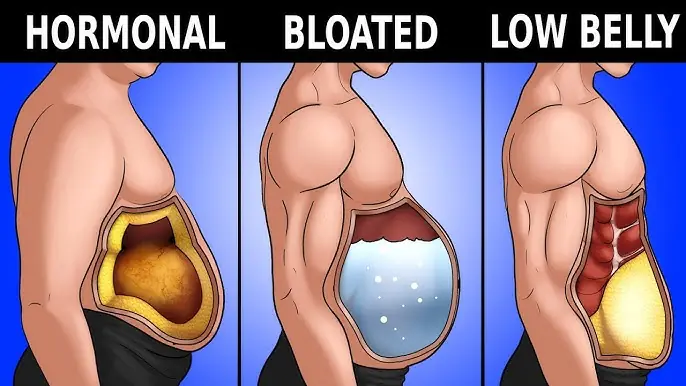
What Causes Belly Fat: Foods to Avoid and Other Key Factors

Notice These 4 Unusual Signs Before Sleep? Be Careful – They May Signal a Risk of Stroke
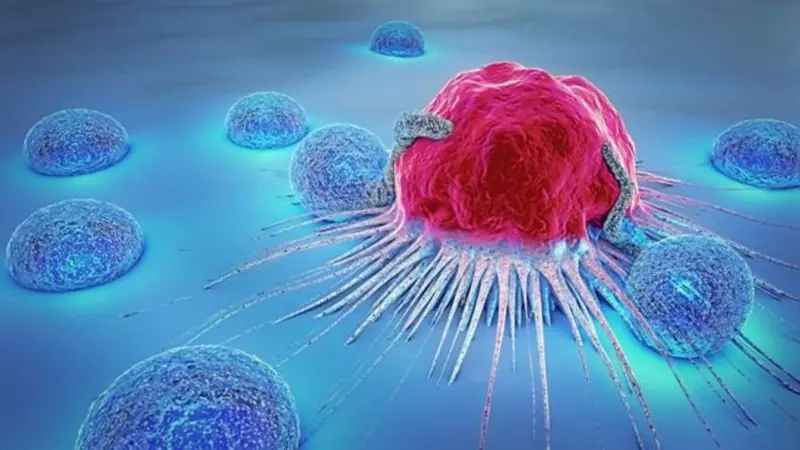
5-Year-Old Girl Diagnosed With Terminal Cancer: A Wake-Up Call for All Parents

Good News: Successful Trial of Method That Destroys 99% of Cancer Cells
News Post

Birds Can Actually See Earth’s Magnetic Field—Thanks to Quantum Physics

If You Want Smarter Kids Teach Them Music, Not Coding, According to MIT

The ‘Ocean Spiral’: Japan’s Groundbreaking New Underwater City Will Run on Deep-Sea Thermal Energy

Scientists Aim to Teleport an Entire Human, This New Quantum Tech Can Make It Possible

Some Hotels in Iceland Have a Special Button That Will Wake You up if the Northern Lights Appear in the Sky

Humanity May Achieve the Singularity Within the Next 6 Months, Scientists Claim

4 Unusual Signs in the Neck That Could Be Symptoms of Cancer – Don’t Ignore Them!

More Young People Are Getting Stomach Cancer: If You Wake Up with These 3 Symptoms, Get Checked Immediately

Breakthrough Blood Test Detects Cancer Years Before Symptoms Appear

Alarming Rise: Liver Damage Linked to Supplement Use Sparks Scientific Concern

Scientists Discover an "Off Switch" for Cholesterol—Could Save Millions of Lives

A Missing Little Girl Who Was Featured On “Unsolved Mysteries” Has Finally Been Found

This Is How Long It Takes Your Liver to Return to Normal From Drinking

Biohacker Claims 90 Days Of Oxygen Therapy Reversed His Biological Age To That Of A 10-Year-Old

Tomato, Turmeric, and Sugar: The DIY Glow-Up Trick for Radiant Skin

7 Early Warning Signs of a Stroke – Recognize Stroke Symptoms FAST: THIS Could Save Your Life

🍃 People Love Papaya – But Most Don’t Know How Powerful Its Leaves Are! Here’s How to Use Them

18 Lifestyle and Dietary Habits to Improve Gut Health and Digestive Issues
